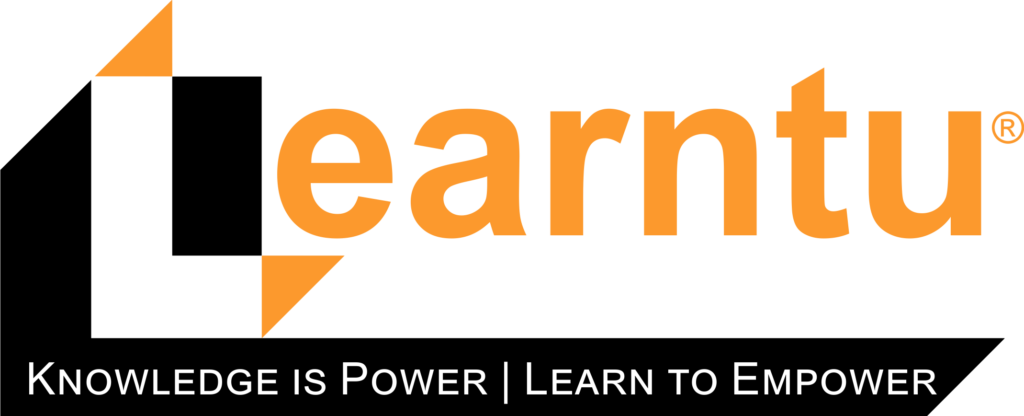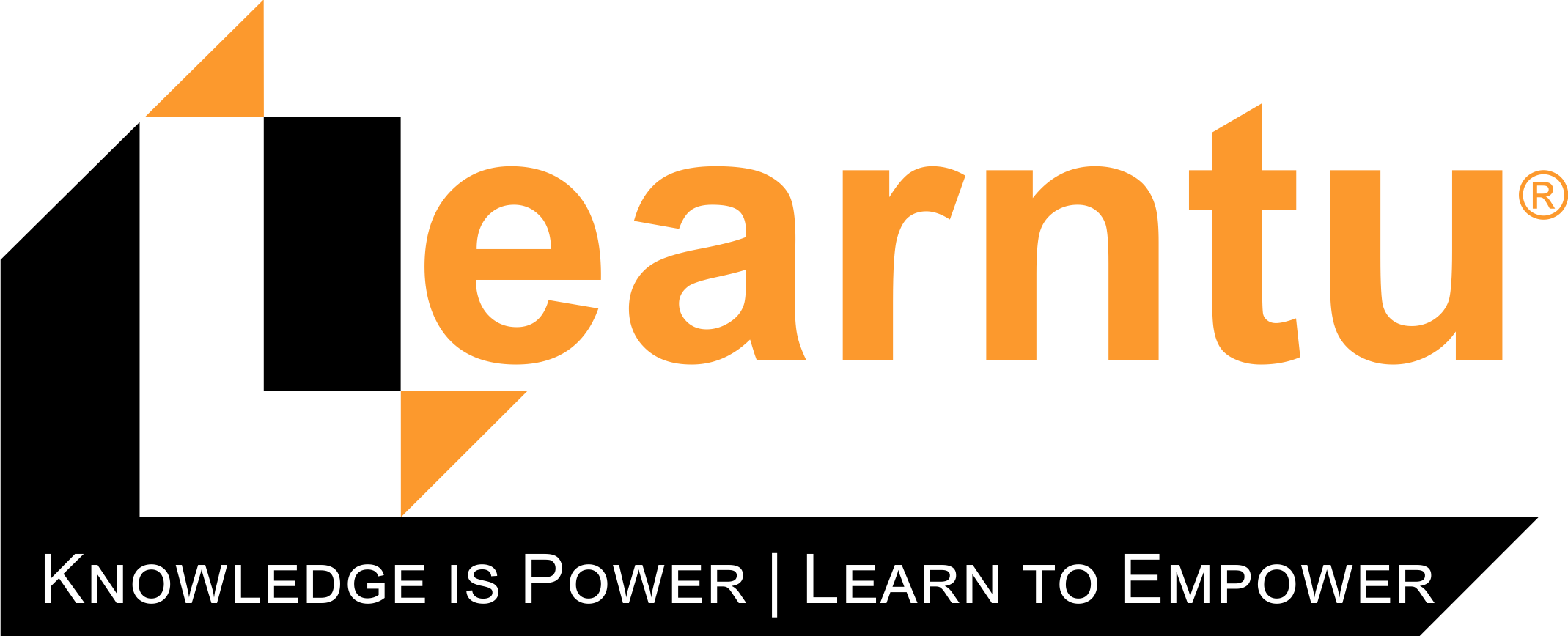
Hand-picked expertly crafted courses, designed for all those who want to expand their perspectives and knowledge base in an ever changing world.
- Usefull Links
- Newsletter
Sign up and receive the latest tips via email.
© 2025 Learntu a product of the Bantu Khaya Group. All Rights Reserved.
